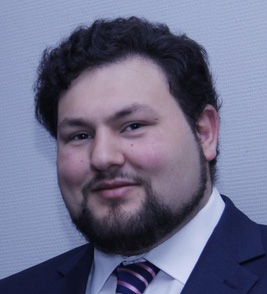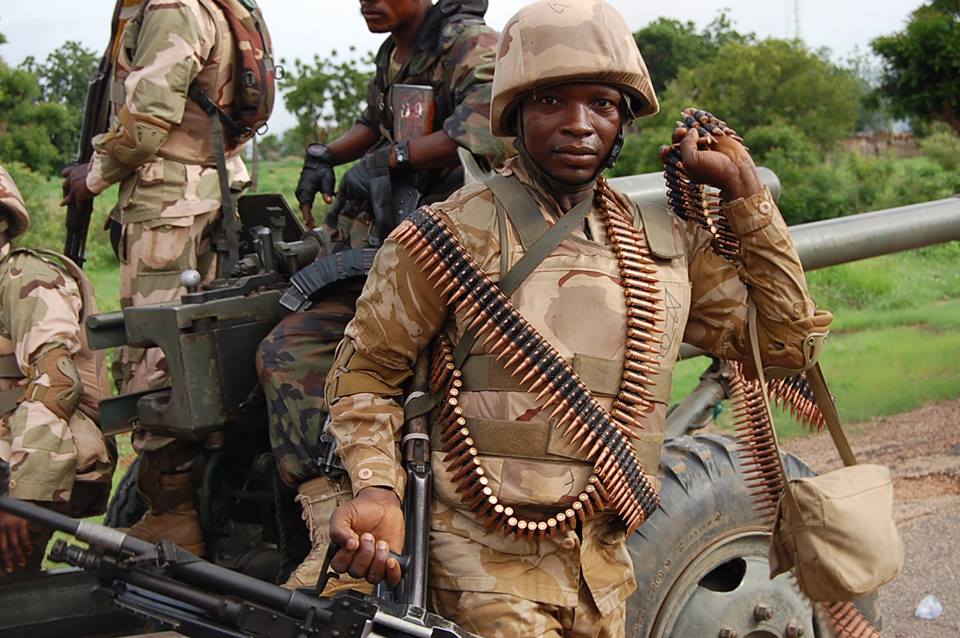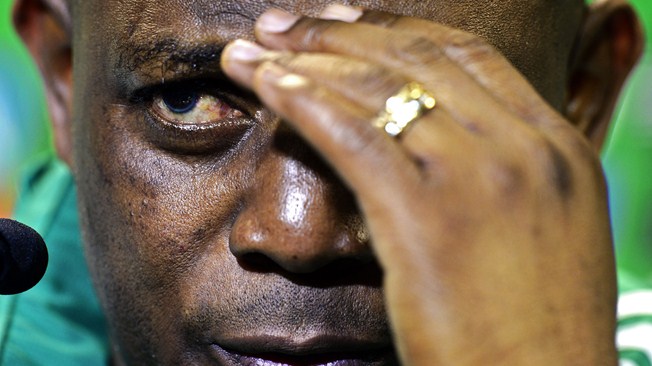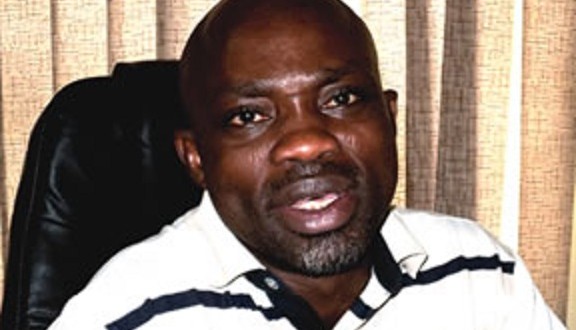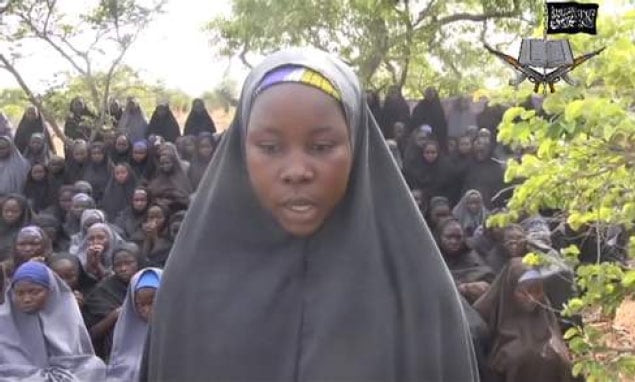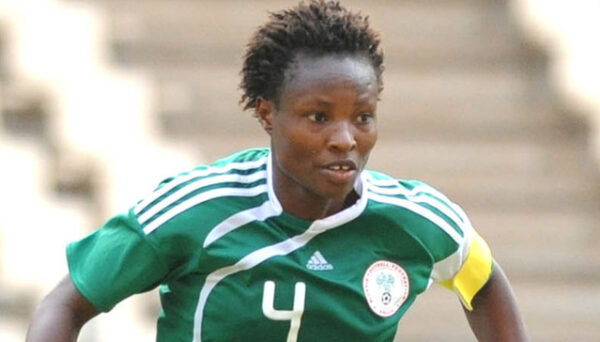The conflict in Northeast Nigeria is now often mentioned in the same breath as Syria and Iraq. The fighting there has been bitter, and Boko Haram have proven tough foes. It is therefore gratifying that the Nigerian military has made many of the right reforms in recent months to produce a more potent and disciplined force. They have reorganised, improved training, pursued improved morale and professionalism, and laid the foundations for a comprehensive approach to the conflict.
In an ever-more disordered world, militaries everywhere are struggling to adapt to the new realities and tackle amorphous enemies with nothing to lose. In Iraq and Afghanistan, Western forces learned just how difficult it is to fight an insurgent enemy with access to safe havens. Indeed, they have now largely conceded that defeating such enemies is too painful and too expensive for the public, and consequently act only through remote drone campaigns. Nigeria, faced with a significant threat within its own territory, had no choice but to pursue the counterinsurgency option, taking the fight to the enemy on the ground.
Initially, the army struggled. Soldiers were trained and equipped to defend against interstate threats, and faced significant internal challenges. Morale was consequently low and abuses were common. The advances they have made since then should therefore be applauded – and their successes and struggles are instructive even for proud NATO forces.
The main effort had been invested in an ad hoc Joint Task Force, but is now prosecuted through the new 7 Division, formed in 2013 and permanently headquartered in Maidiguri. Further resources are reportedly promised. Expanded counterinsurgency training courses have been instituted, with soldiers receiving two months of training in ‘war among the people’ at the Nigerian Army Training Centre (NATRAC) in Kontagora. More tanks and machine guns have been distributed, and reinforcements have arrived in Borno. There have been efforts to acquire more helicopters, and President Jonathan has requested an extra $1 billion to improve military equipment and performance.
Advertisement
There have additionally been efforts to improve troops’ morale. Accommodation has been improved, leaders have been willing to dismiss ineffective officers and the salaries of soldiers killed in the line of duty are now paid to their families for longer than previously. Perhaps most striking has been the change in the rhetoric of senior officers. Where once they focused on bravery and on a warrior ethos, they have latterly put professionalism and discipline to the fore when addressing their troops. Mutineers have more often faced military courts.
Hand-in-hand with that has been recognition of the need for a comprehensive approach. As the military have become more active, so too have come more calls, from inside the military and out, for an effort to tackle at source the disenfranchisement and malgovernance that have fueled the Boko Haram insurgency. General Martin Luther Agwai , former chief of the defence staff, said in a recent speech, “You can never solve any of these problems with military solutions… It is a political issue; it is a social issue; it is an economic issue, and until these issues are addressed, the military can never give you a solution.”
Similar arguments have also been made by National Security Advisor Sambo Dasuki. That approach has been tentatively put into practice, with the Armed Forces Command and Staff College running multi-agency counterinsurgency courses with a revamped curriculum, and increased spending by the Nigerian government and international partnerson development in the North. The Presidential Initiative on the North East, which coordinates between stakeholders to identify and exploit development opportunities, is a headline reform with much promise; chaired by longtime American resident Professor Soji Adelaja, it has the ear of key leaders and ambitious plans to create at least 100,000 jobs for young people.
Advertisement
Boko Haram remains a difficult enemy. It has demonstrated potency in battle, and has a diverse range of funding sources (including, evidence suggests, receiving money from other violent jihadist groups). It has safe havens across borders, and controls key roads in Borno state. The fight will surely be long and difficult. Yet in facing it, the Nigerian military has taken the right steps to improve its performance in the field. It has recognised that the bravery of its soldiers will not be enough – and has instituted a more sensitive approach, with more professional troops and aid for citizens.
Last week, the US Centers for Disease Control showered praise on Nigeria for its prompt and coordinated action in combating Ebola. When pressed, the Nigerian state can produce results. The same may now be true of the terrorist threat in the North. After their own unsuccessful – sometimes halfhearted – counterinsurgency campaigns, NATO’s members might do well to study this conflict’s lessons, and even lend a hand.
*Tom Wein is a widely-published conflict analyst who specialises in human terrain and evidence-based policy.
Source: www.defenceiq.com
Advertisement
Add a comment
